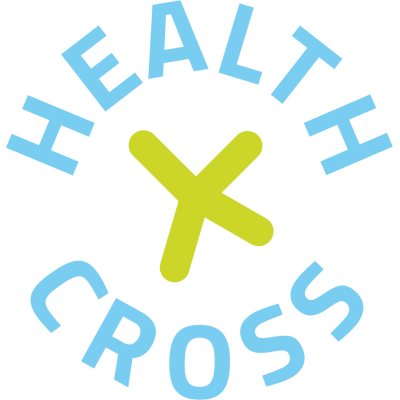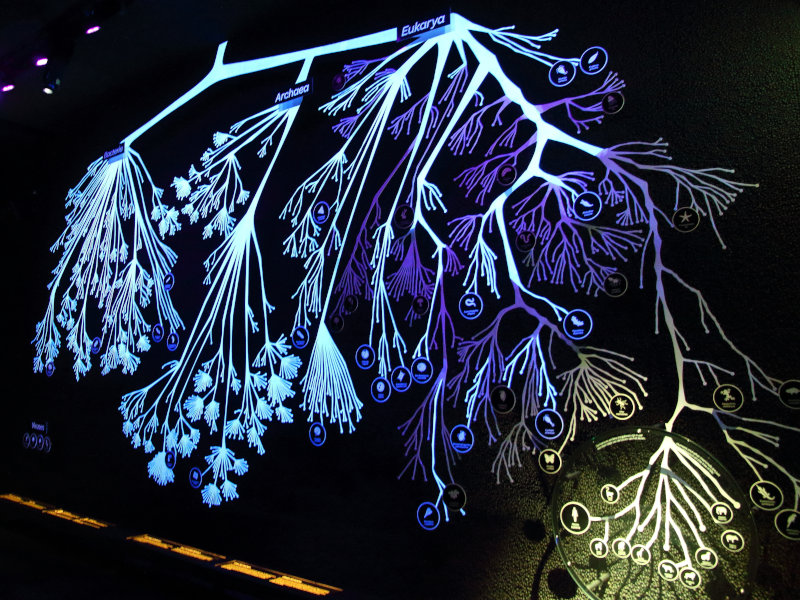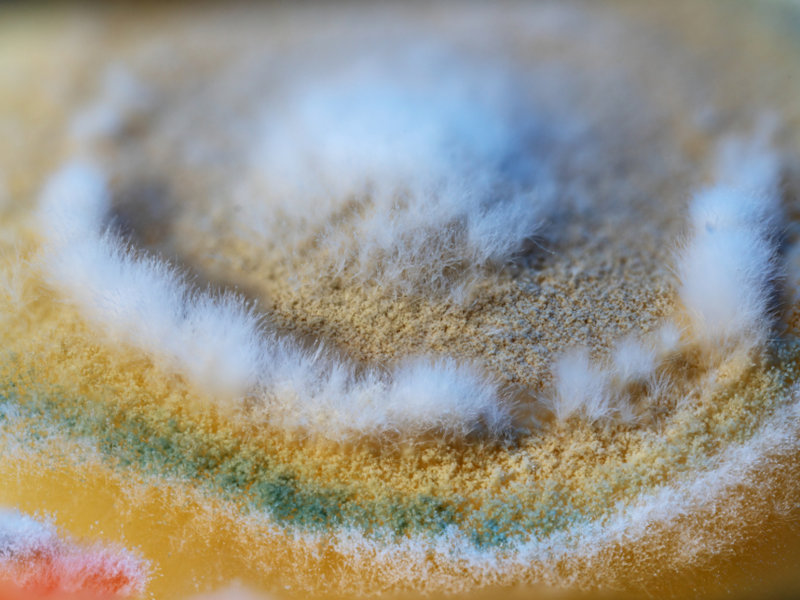HealthXCross
Project
Microbiome science is popularizing a symbiotic understanding of health and ecology. What microbiome science now knows is that microbes entangle the health of people and environments; what we don’t known is how, in this process, new cultural concepts and practices of health may emerge. The ERC funded project HealthXCross asks: how does health come to be reconfigured in a world entangled through microbial data?
HXC is a multi-sited ethnography that analyzes and compares how scientists in different parts of the world study microbes as entities that connect humans to the environment, taking into account variations in technologies, methods, approaches, and socio-political contexts.
Newsletter
The best way to keep in touch and be informed about our news and activities.
Newsletter archive
|
|
5. January 2026 | 5 MB |
|
|
4. April 2025 | 3 MB |
|
|
3. October 2024 | 2 MB |
|
|
2. February 2024 | 364 KB |
|
|
1. July 2023 | 2 MB |
The microbiome
Between 50 and 90% of the cells in a human body are microbial. The composition and activity of the microbiome are central to human processes such as metabolism, weight regulation, immune system structure and function, allergic reactions, and even personality and mood. Human activities such as diet, birth, antibiotic use, and interactions with other humans and animals shape and change the microbiome, just as these microbial communities shape and change their human hosts. Health, therefore, can be seen as a property emerging from an ecosystem, so dislocating the anthropocentric view.
The microbiome ecosystem provides information on how environments, humans and microbes are inextricably entangled in ongoing processes of life. For a bit more than a decade, cutting-edge computational methods (metagenomics) have been available for studying in vivo microbial communities, opening a window into ‘who is there’ and ‘what they might be doing’.
The study of the microbiome offers an entry point to the understanding of different ecosystems and issues such as human nutrition and chronic diseases, plants’ nutrient acquisition and stress tolerance, soil and aquatic environments’ stability, regional ecological disruptions, reductions in agricultural productivity, the degradation of waste matter, poor soil health, global climate processes, or the conversion of natural materials into renewable sources of biofuels or energy.
Given that microbes connect different ecosystems and species, a number of transnational and interdisciplinary projects are emerging to integrate conventional strands of microbiome research (human, animal, plant, water, soil). How all this diversity – ontological, epistemological and socio-political - is articulated and made operative in reframing health and biological diversity is the analytical focus of HealthXCross. Ethnographic examination of selected case studies will generate new knowledge about this experimental process of knowledge-making across space, time, species and disciplines.
Ethnographic sub-projects and objectives
HealthXCross is a multi-sited, comparative ethnographic study of how scientists produce and coordinate knowledge within interdisciplinary platforms that collect, compare and integrate microbial data across time, space and species in order to produce simulations for intervening in both environmental and human health. The ERC project counts 6 main case studies across 3 different continents and 4 nationalities: one in the virtual space, one in Europe, two in the United States, one in north-Africa and one in the Pacific. The FARE SHK_HealthXCross project (Microbiome technoscience in Shanghai and Hong Kong in pandemic times. An anthropological study, ID R20A8R2WH4), funded by the Italian Ministry for University and Research (MUR), is an integrative funding that shares HealthXCross theoretical framework, adding 2 case studies in greater and global China.
HealthXCross is an ethnographic inquiry into the implications of considering the planet as a body and the body as a planet, examining the tensions between the emancipatory and the dystopian effects of dissolving boundaries between human bodies and environments.
We will examine how these scientists:
- remake notions of biological diversity through technology by crossing conventional categorizations (space, time, species) and epistemic cultures;
- create new knowledge collaborating with diverse spacetimes of innovations across the global North and the global South;
- contribute to new trends in healthcare and health governance.
Participatory nature of the project
HealthXCross will create a participatory design with scientists, who are among stakeholders in the public discourse about what it means to be human and how to live in an entangled planet. Taking inspiration from the microbial world, HealthXCross is committed to create symbiotic processes of research collaboration with technoscience and other disciplines.
Aim
The project aspires to offer timely insights into the interplay between knowledge making and changing health practices in times of profound ecological, socio-technical and economic transition. HealthXCross’aim is to advance anthropological understandings of the contradictory but constitutive aspects of living together and being in relation.



